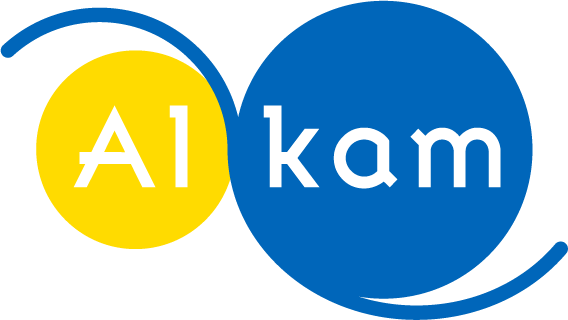
Thermal Transfer Ribbons are plastic film films on which ink is imprinted and transferred on the support at the time of printing, thanks to the action of the heads.
There are different sizes to adapt to the specific needs of the customer and with various types of mixtures depending on the use or application surface.
TTR Ribbon is mainly classified into three families: Ribbon Wax, Ribbon Wax Resin and Ribbon Resin.
So let's get into the specifics and analyze them in detail.
TTR Wax Ribbon
The TTR Ribbon wax ribbon is used for printing on Vellum paper labels. And' a standard product that is used for printing overlays, for product descriptions, for creating bar codes, etc.
It offers excellent character clarity, but is not suitable for applications that require high resistance to abrasion and chemical agents.
Ribbon Wax Resin
The TTR Ribbon wax resin tape is a ribbon used to print, with excellent quality, labels in coated paper (glossy paper), polypropylene etc. It has good scratch resistance and resists for a limited time even in ;open.
It offers good print clarity and good abrasion resistance. It is not suitable for resisting chemical agents.
TTR Resin Ribbon
The TTR Ribbon Resina tape is an indelible tape that can also be used on particular materials such as polyethylene, PVC, etc.
It guarantees the durability of the print over time thanks to the resin present in the Ribbon, ensuring that it resists scratches, atmospheric agents, humidity and sunlight.
Made of synthetic resin to offer maximum resistance to abrasion and chemical agents strong>. Ideal for applications that require a higher level of performance and versatility within the industrial process.
How to choose the Ribbon Type?
Knowing which Ribbon is best suited for a specific application is the key to obtaining the better print quality. Choosing the right tape is essential to obtain thebest performance of printing possible.
For this to happen it is necessary to find thecombination< span style="color: textColor0;"> between three factors: the printer, the support on which you must print and the Ribbon same. If this combination of elements is not aligned, you run into printing problems or, at worst, a low-quality finished product.
The needs for product identification and barcoding now affect infinite fields in the production, marketing, logistics and distribution sectors.
Some examples:
Fruit, vegetable and food sector for indicating the expiry date.
Transport and shipping companies to identify packages and track them to the recipient.
Industrial sector and assembly to follow the working phases and indicate the production batches.
Healthcare sector.
Textile sector for printing on fabric and polyester
The use of Ribbons, as can be seen from the list above, is very broad and varied, but it is always necessary to go into the specifics of the operational context.
In fact, one of the most common problems in using Ribbons is understanding whether the Sector is subject to < strong>particular Regulations or if it provides for a certain Quality Standard strong>.
Now, let's see what the others are.
What are the main problems related to Ribbons?
Identify the printing system with which it will be used
Identify the material on which it will be used
Identify, once printed, whether the receiving material will be subjected to stress such as scratching, high temperatures, contact with solvents or anything else and the expectation regarding the resistance of the print.< /p>
Identify the lifespan that the receiving material will have once printed
Understand the type of data to print and with what definition
The Alkam Ribbon Check Service
We have developed a free service for the optimization of your Ribbons, in qualitative terms, but above all in economic terms, allowing you to saving in your production cycle.
The most common requests from companies that turn to Alkam for Ribbons, in fact, revolve around this last point, asking for example, a personalized service in order to have rolls of dimensions optimized to meet needs, so as to reduce machine downtime.
Do you know what the advantages of having an optimized Ribbon are?
The security of the consistency of the quality of the printed data.
The compatibility with the various requests of the customer or the sector during the press and post press.
The optimization of the variable data printing phase, in order to reduce the costs relating to the entire labeling phase (which does not mean cheaper Ribbon, but the possibility to optimize the process and reduce the overall cost of the function).
For this reason we offer you the Ribbon Check service for free, in order to optimize your printing, allowing you to obtain savings in economic terms, always guaranteeing the same quality.
Click on the button below and fill out the form, you will be contacted by our Sales Office to schedule your Ribbon Check.


Comments